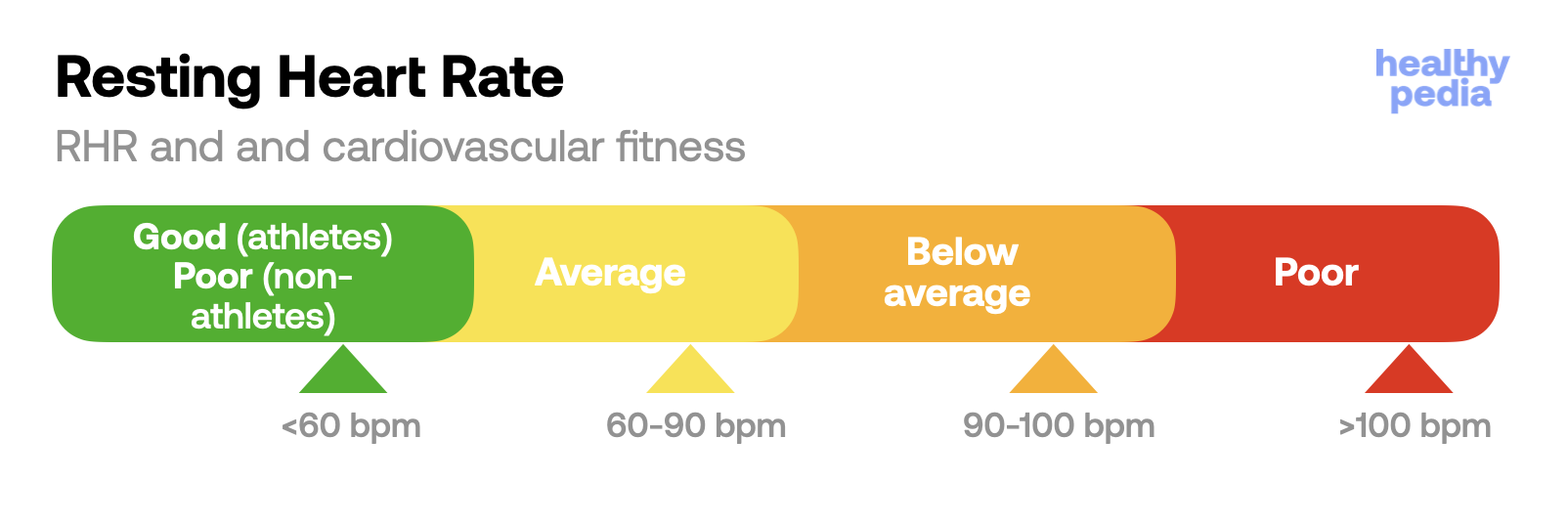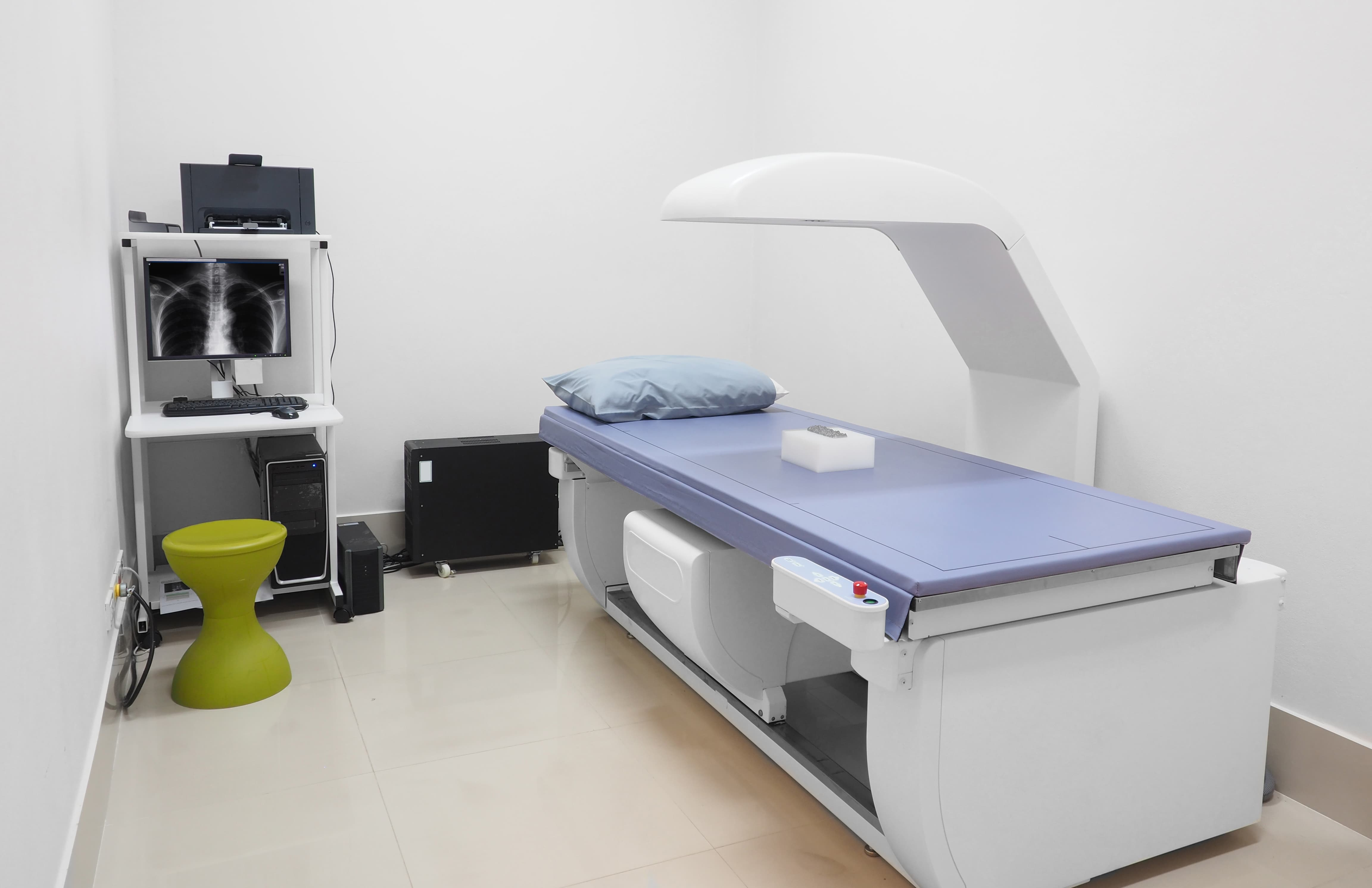In 335 BC, the Egyptian anatomist and physicist Herophilus of Alexandria made a breakthrough discovery. He held a wooden and iron vessel in one hand and a delicate container of liquid in the other. Gently pouring the liquid into the vessel, he placed his index and middle fingers into the crevice of his neck and began counting.
For the first time in history, Herophilus was measuring heart rate. The vessel he used was a water-lock, and it allowed him to make the first recorded observations on pulse. Nearly 3,000 years later, the gentle and constant rhythm of our hearts has become familiar to us. The heart, the engine of our bodies, beats constantly, providing oxygen and nutrients to our tissues and organs.
As anatomical science has progressed, researchers have gained a deeper understanding of the heart’s mechanisms and their impact on our overall well-being. In the 21st century, the relationship between resting heart rate and cardiovascular health has been scientifically proven. In this article, we explore what resting heart rate is, how to measure it, and how to improve it for a happier, healthier, and longer life.
What is the resting heart rate (RHR)?

Your resting heart rate is the number of beats your heart makes per minute while you are in a relaxed state.
Most experts consider a healthy resting heart rate to be between 60 and 90 beats per minute (BPM), while the American Heart Association and British Heart Foundation define the upper limit as 100 BPM.
 Source: Harvard Medical School
Source: Harvard Medical School Highly trained athletes often have a lower resting heart rate, sometimes as low as 40 beats per minute, due to their increased efficiency in pumping blood. In this case, a lower RHR is connected with more efficient heart function and better cardiovascular health.
Your resting heart rate is an excellent indicator of your general health. Abnormally low or high resting heart rates can lead to numerous difficulties, including cardiovascular events, reduced longevity, and even emotional and mental well-being. In fact, an analysis of 18 epidemiological studies showed that a mortality excess of 30-50% was associated with a 20 beats per minute increase in resting heart rate.
Before discussing the benefits of improving your RHR, let’s go over how to measure your heart rate to establish a baseline.
How to measure your resting heart rate

Measuring your resting heart rate is simple and can be done anywhere, using only your heart and a hand.
To get an accurate reading, follow these steps:
1. Find a comfortable, quiet place to sit or lie down.
2. Place your index and middle finger on the inside of your wrist, below the thumb, or on the side of your neck under your chin.
3. Count the number of beats you feel in a 60-second interval.
4. Alternatively, you can count for 10 seconds and multiply the sum by six.
It’s best to measure your RHR in the morning, before you get out of bed, to avoid any artificial influences on the rhythm.
An abnormally low – less than 60 – heart rate (bradycardia) and a high – higher than 100 – heart rate (tachycardia) may indicate an underlying health condition. However, variations in heart rate, even outside of the recommended range, are not necessarily indicators of disease or ailment; some individuals are simply born with higher or lower RHRs.
Before making lifestyle adjustments it is important to discuss your measurements with a licensed healthcare professional.
The importance of maintaining a healthy resting heart rate

We often overlook the significance of having a healthy Resting Heart Rate (RHR), unaware of its far-reaching effects on our overall well-being. A well-balanced RHR provides numerous benefits including:
-
Increasing longevity, as shown in an analysis of 18 epidemiological studies that revealed a mortality rate of 30-50% higher for every 20 beats increase at rest.
-
Indicating a strong cardiovascular system and reducing the risk of heart disease.
-
Enhancing physical fitness and athletic performance by making your heart more efficient in pumping blood to organs and muscles.
-
Improving oxygen efficiency, as shown in a study on beta-blockers, a medication that reduces heart rate, resulting in improved myocardial oxygen efficiency and a 25-30% decrease in obstructions to oxygen circulation.
-
Regulating blood pressure and improving blood flow.
-
Reducing the risk of stroke, one of the leading causes of death and disability.
-
Improving sleep, alleviating stress and anxiety by reducing cortisol levels.
-
Boosting energy levels and mental clarity.
-
Strengthening overall health by ensuring adequate circulation to vital organs and tissues.
Moreover, the results of the largest study on cardiovascular health, with 67,000 participants observed over four years, showed that those with a normal heart rate had a significantly lower chance of developing medical conditions and an increased life expectancy. It is clear that a healthy RHR provides numerous health benefits and has predictive properties for overall health.
How to improve your resting heart rate

We have demonstrated that an unhealthy resting heart rate, particularly one that is too high, can have numerous adverse effects. If you found your RHR is outside of the aforementioned range, you may wonder how you should proceed; the Healthypedia team has created a series of recommendations to improve your RHR and enjoy a happy, healthy and fun life:

Regular exercise: Engaging in regular physical activity can help to lower your resting heart rate, as a stronger heart requires less effort to pump blood. Aim for at least 30 minutes of moderate-intensity exercise on most days of the week. Examples include a brisk walk or cycling.
Healthy diet: Eating a diet that is low in processed foods and high in whole, nutrient-rich foods can help to lower your resting heart rate. Focus on eating healthy fruits, vegetables, whole grains, lean proteins, and healthy fats.
Avoid smoking: Smoking can raise your resting heart rate and damage your heart and blood vessels. If you smoke, consider quitting to improve your cardiovascular health and lower your resting heart rate.
Manage stress: Chronic stress can significantly raise your resting heart rate, alongside several other adverse effects on health. It is important to find ways to manage stress effectively. This may include practicing relaxation techniques, such as meditation or deep breathing, or engaging in physical activity.
Sleep adequately: Getting enough sleep is necessary for maintaining a healthy resting heart rate. Experts suggest aiming for 7-9 hours of quality sleep each night.
Limit alcohol consumption: Drinking excessive amounts of alcohol can raise your resting heart rate, so it is important to limit alcohol consumption to moderate levels.
Maintain a healthy weight: Being overweight or obese can raise your resting heart rate. Maintain a healthy weight through a combination of healthy eating and physical activity.
Reduce caffeine consumption: Caffeine can raise your resting heart rate so limiting drinks such as coffee, in particular before sleep, can improve your overall cardiovascular health.
Stay hydrated: Dehydration can raise your resting heart rate, so it is important to stay hydrated by drinking plenty of water throughout the day.
Seek medical attention: If you have a persistently high resting heart rate, you may need to seek medical assistance. An abnormally high RHR may be a sign of an underlying health condition; your healthcare provider can help to determine the cause of this symptom and provide appropriate treatment.
Did you know…
-
The human heart beats an average of 100,00 times per day, pumping about 2,000 gallons of blood.
-
The fastest heart rate ever recorded was 739 beats per minute (BPM) in a child with Wolff-Parkinson-White syndrome, a congenital heart defect.
-
A blue whale’s heart is the largest on the planet, weighing over 180 kilograms. That’s a big heart!
Let’s summarise!

The heart is, truly, a pillar of well-being. Since Herophilus of Alexandria’s experiments in 335 BC, scientists have attempted to understand the inner workings of this strange but powerful muscle. The resting heart rate (RHR) is an excellent indicator of general health, and abnormal RHR can lead to various health problems and even a reduced lifespan. There are numerous methods to improve your resting heart rate, leading to a reduced risk of heart disease, improved physical fitness and blood pressure, better sleep and mental clarity. When you can, take a moment to measure your resting heart rate. If necessary, implement the changes we recommend to enjoy a happier, healthier and more fun life!
Hungry for knowledge? Here is more
In this video, Dr. Eric Berg, a popular nutritionist and expert on healthy ketosis & intermittent fasting explains how your resting heart rate can predict how long you will live. Watch this to understand the connection between your pulse and all-cause mortality risks.








